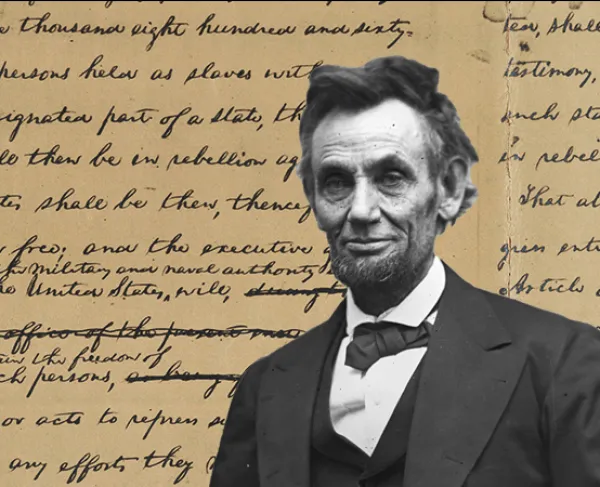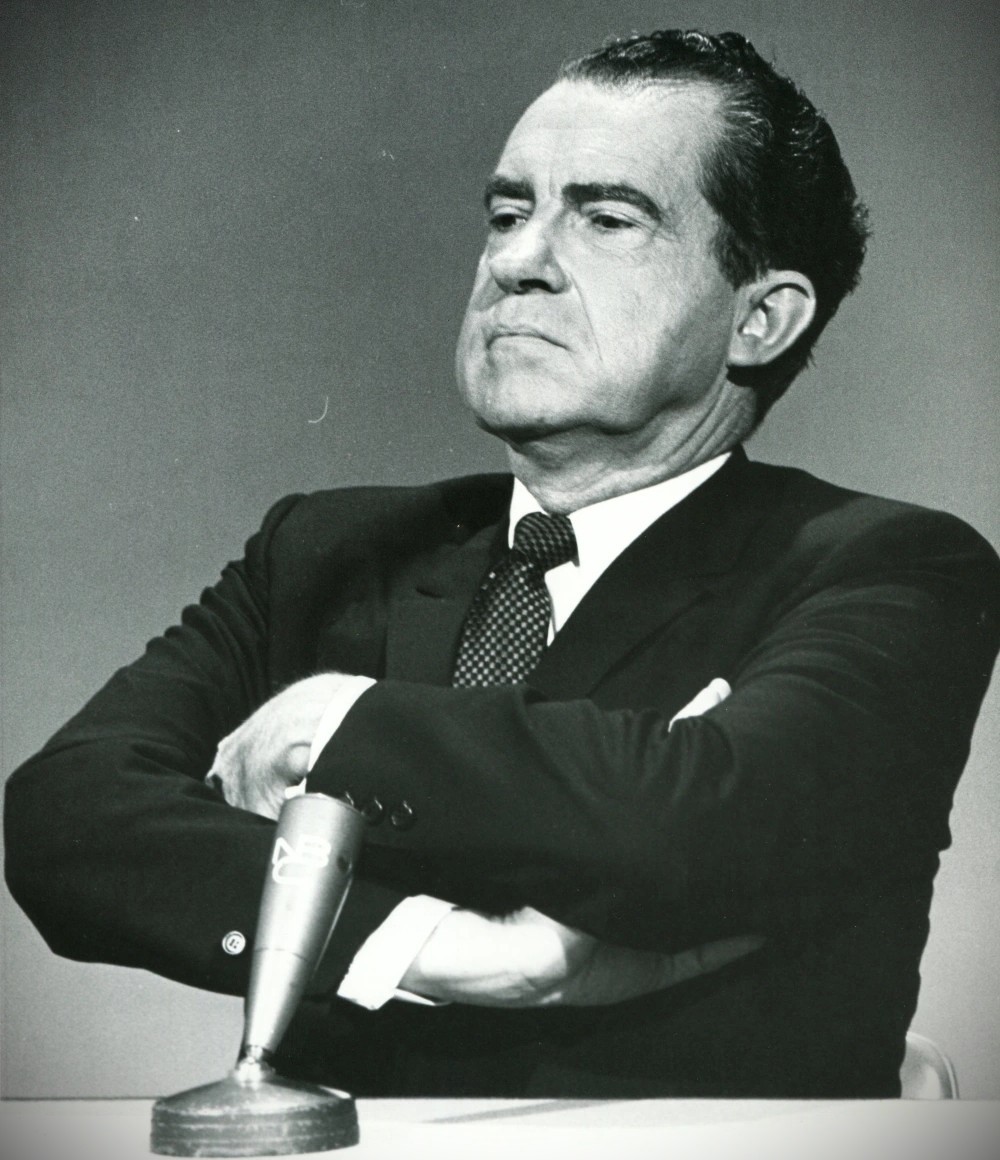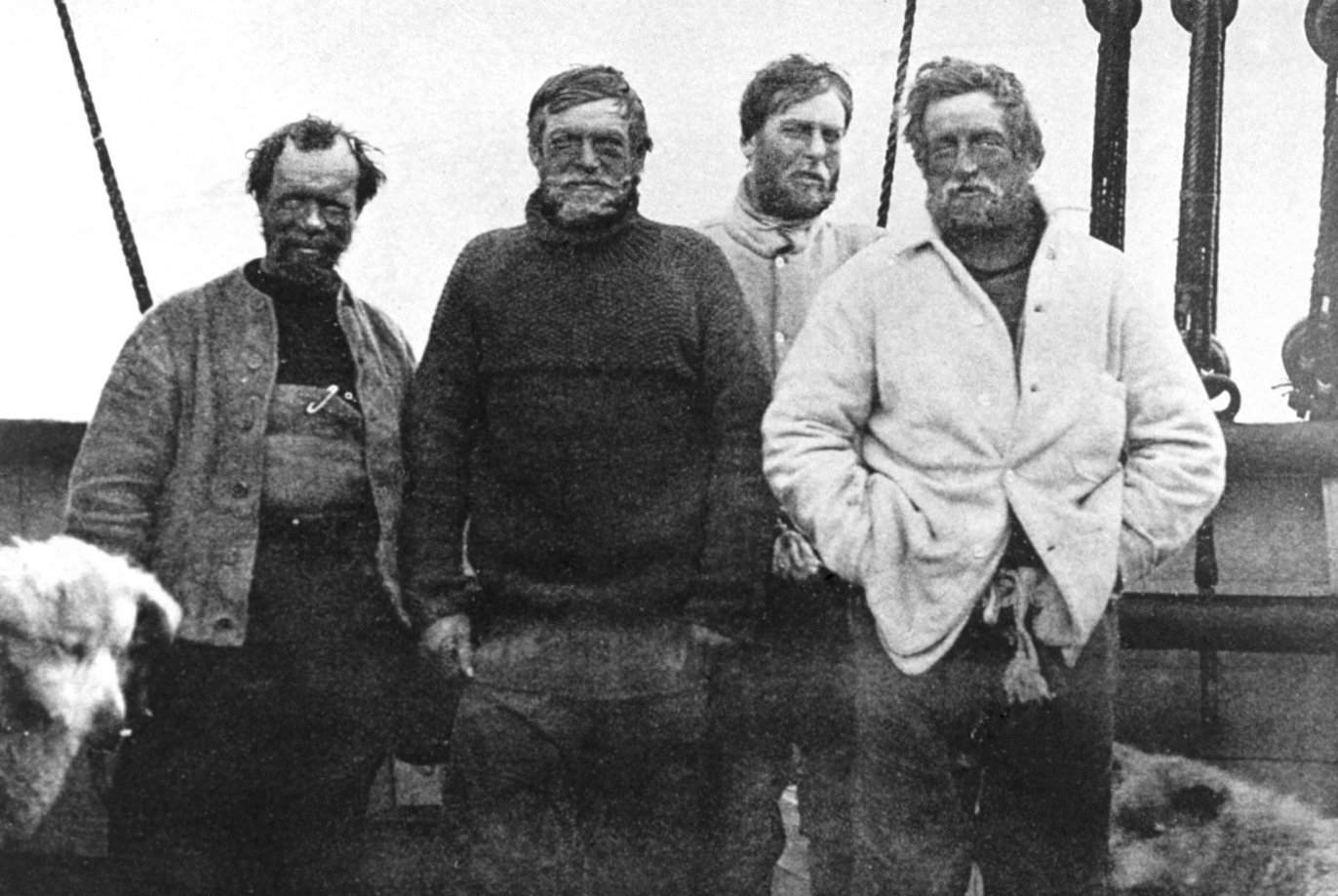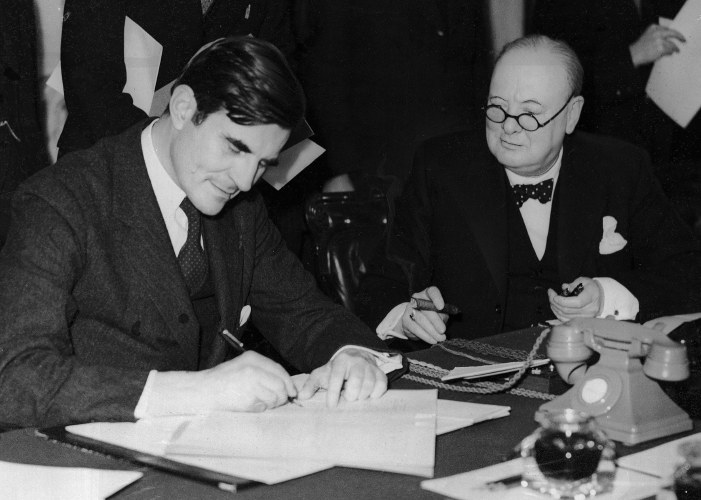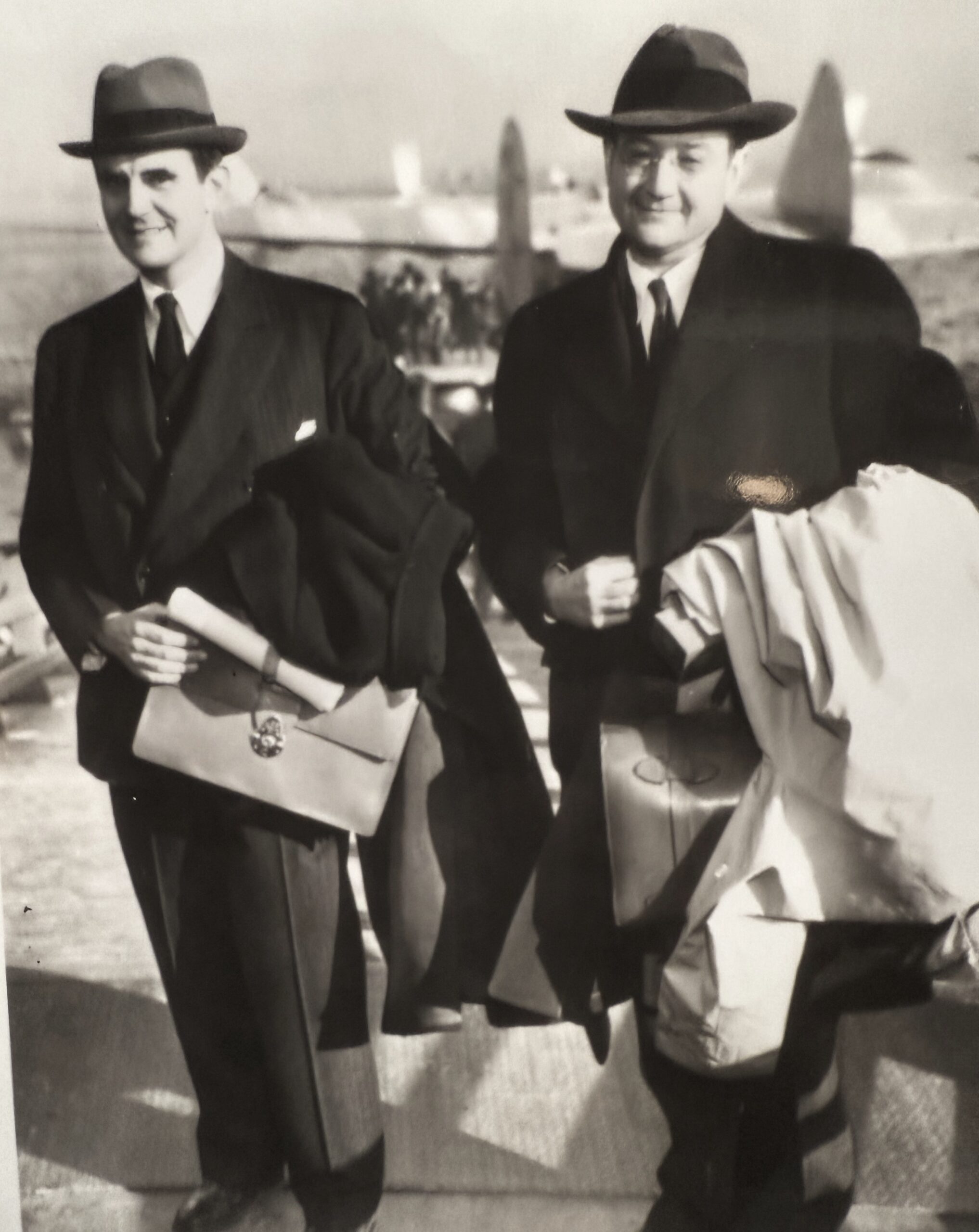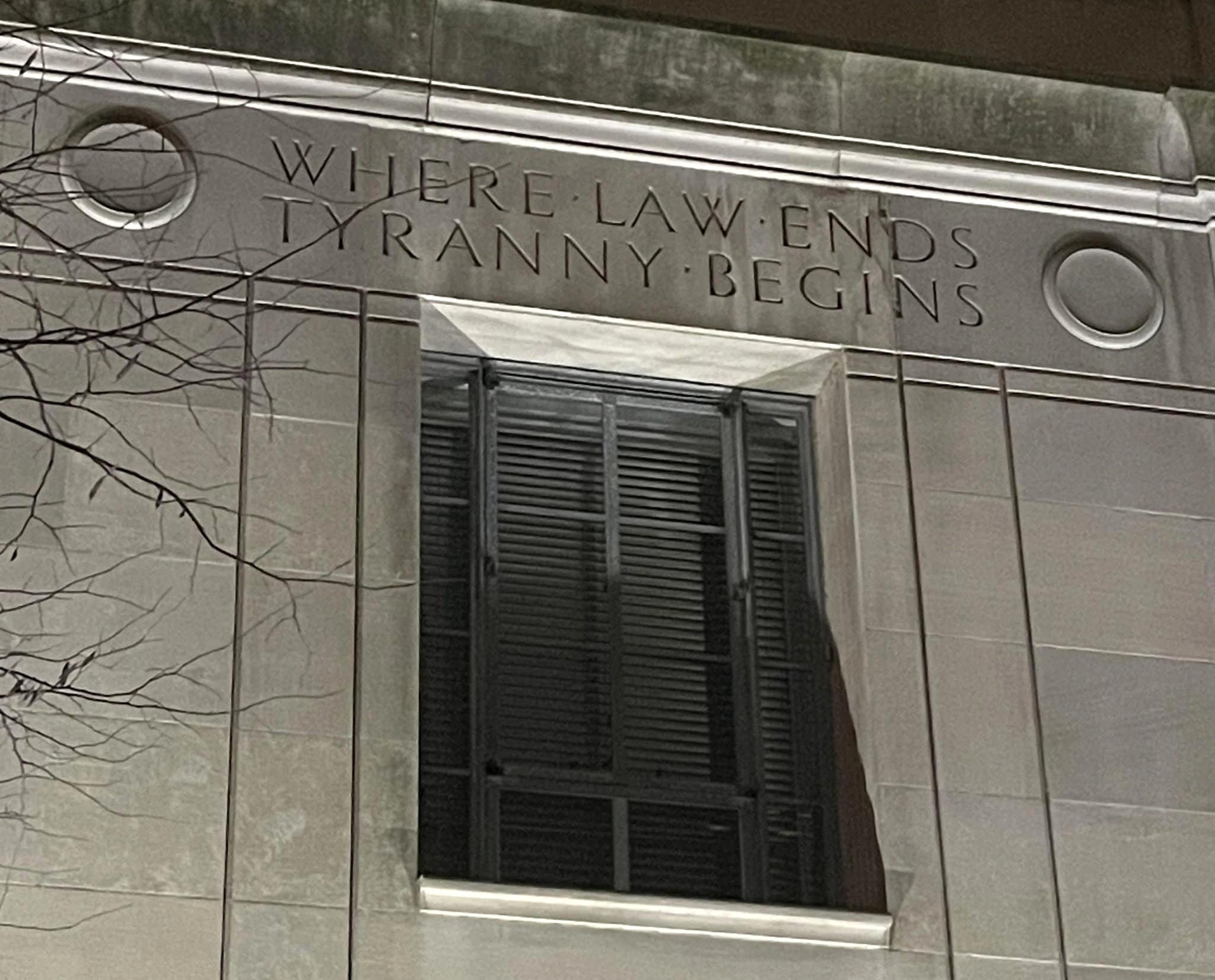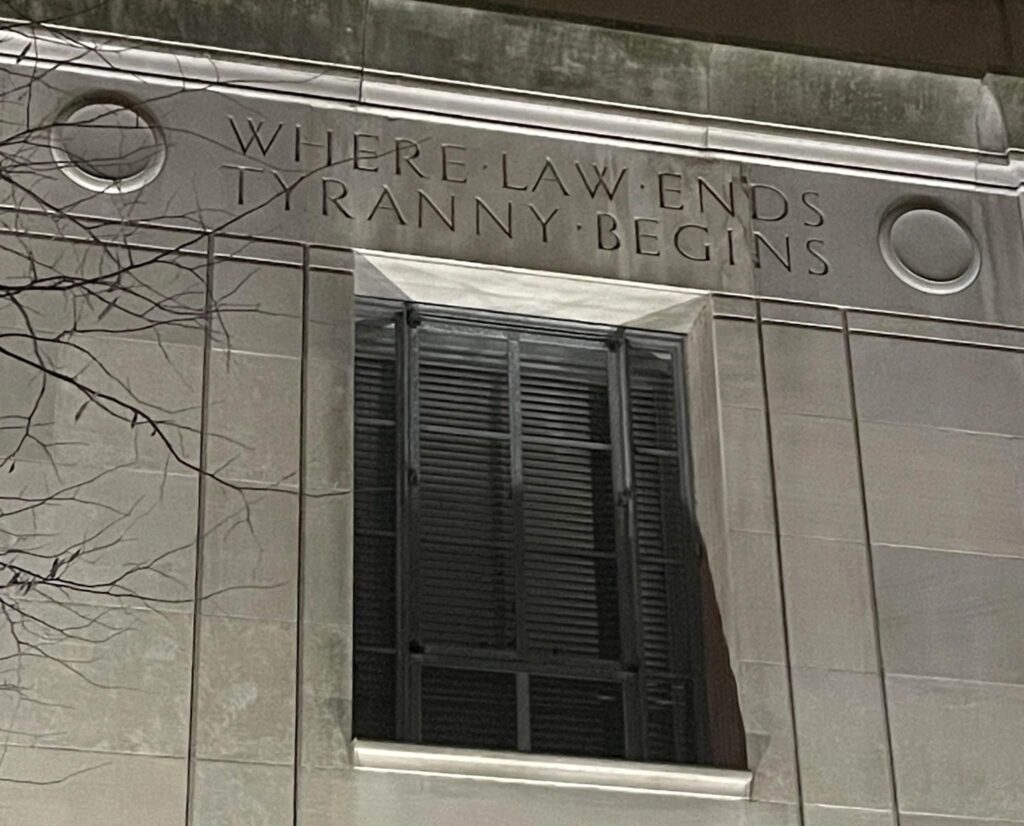
Today’s Supreme Court is mired in partisanship and shadow rulings, where politics too often outweigh principle. Public trust continues to deteriorate for an institution meant to stand as a pillar of independence and impartial justice.
In contrast, former Supreme Court Justice Potter Stewart understood the difference between what the law allows and what ethics demands. His quiet integrity reminds us that the Court’s duty is not to please one side—but to do what’s right.
“There’s a difference between what you have a right to do and what is right to do.”
Those words strike at the heart of the tension between legality and morality—a theme that feels more urgent than ever.
Appointed by President Eisenhower, Justice Stewart served on the Supreme Court from 1958 to 1981, during a time of social and political transformation. What set him apart was his ability to look beyond legal doctrine and consider the broader ethical consequences of the Court’s rulings. He wasn’t driven by ideology. He was a principled moderate—guided by fairness, humility, and a deep understanding of how the law affects real people.
In a country that often confuses legal rights with ethical behavior, Stewart stood out. His famous line in Jacobellis v. Ohio (1964)—“I know it when I see it”—pointed to an important truth: law, like ethics, doesn’t always lend itself to exact definitions. Stewart understood the limits of legal language and the importance of human judgment.
I thought of Justice Stewart on Monday when it was reported that Kilmar Abrego Garcia, a Maryland resident wrongfully deported to El Salvador, will not be returned to the United States. Despite U.S. Attorney General Pam Bondi publicly acknowledging the government’s mistake, President Donald Trump has offered conflicting responses. At first, he appeared open to following the U.S. Supreme Court’s directive to bring Abrego Garcia back, saying, “If the Supreme Court said bring somebody back, I would do that. I respect the Supreme Court.”
Now? Zero respect for the Supreme Court.
Trump administration officials now state that the law does not require them to return Mr. Garcia, in effect stating: “Yes, we made a mistake, but we are under no legal obligation to correct it.”
The message was compounded during a joint press conference in the Oval Office when El Salvador’s President Nayib Bukele dismissed the idea of returning Garcia as “preposterous.”
This comes in open defiance of the Supreme Court’s decision:
“The order properly requires the Government to ‘facilitate’ Abrego Garcia’s release from custody in El Salvador and to ensure that his case is handled as it would have been had he not been improperly sent to El Salvador.”
Now, the Trump Administration stands ready to ignore a direct order from the Supreme Court—an action an attack that strikes at the very foundation of the rule of law.
At the top of the Department of Justice, these words are literally carved in stone:
“No free government can survive that is not based on the supremacy of law. Where law ends, tyranny begins.”
These words are meant to reflect the department’s solemn commitment to justice, the rule of law and the founding principles of the United States. But today, they might as well be followed by an asterisk: Except for us. *
Justice Potter Stewart’s words echo more clearly than ever.
“There’s a difference between what you have a right to do and what is right to do.”
That distinction is at the heart of this case. Stewart understood that law and ethics aren’t always aligned—but keeping that distinction clear is vital to democracy not just for some, but for all!
Comments


